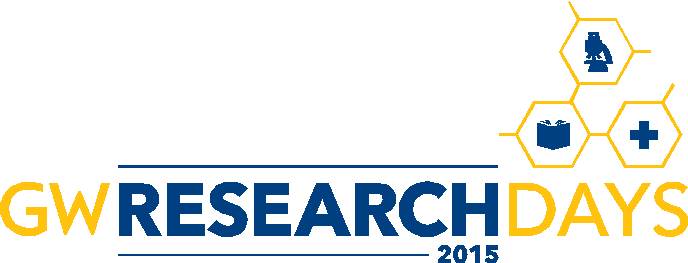Document Type
Poster
Keywords
Progressive Supranuclear Palsy
Publication Date
Spring 4-2015
Abstract
Introduction
Progressive Supranuclear Palsy (PSP) is an uncommon neurodegenerative disease associated with postural instability, falling, and memory loss. Because of clinical similarities, it is often classified as atypical Parkinson's disease. PSP may present abruptly with a relatively rapid decline, leading to death in a few years. Different therapeutic approaches have been suggested for PSP, but their efficacy is unclear. To our knowledge, there has been no systematic review of PSP treatment.
Objective
To determine the effectiveness PSP treatments.
Methods
A systematic review of published literature was completed. We searched using PubMed and SCOPUS for related articles. The search terms are listed in the Table. To maximize sensitivity, we also searched "gray" literature. Our initial inclusion criteria were: English, published after January 1, 1994, provides data on a treatment intervention for PSP patients, and had measurable outcomes.
Articles were then excluded if they had: no comparison group; no clear, defined interventions; outcome(s) that were not objective (we allowed opinion/observations recorded by the patient or a family member); and outcome assessors not blinded to the intervention. The control population needed to have an intervention similar to the experimental intervention (an attention sham).
We then grouped the remaining articles according to the therapeutic domain: ophthalmic treatment, physical therapy, intra/trans cranial procedures and medications.
Results
The initial search obtained 617 publications. Of these, 28 met our inclusion criteria. These were grouped by therapy: 2 dealt with an ophthalmic interventions; 3 with a PT/rehabilitation intervention; 4 with some intracranial procedures; and 17 dealt with medications. 2 dealt with 2 or more types of intervention. Of these, none remained after application of our exclusion criteria. A meta-analysis was not possible.
Authors’ conclusions
No therapy has been established as efficacious for PSP. Studies of one medication, Co-Q 10, have been encouraging in phase 2 trial, and a phase 3 trial is currently active. An approach using physical therapy (balance training) and eye movement rehabilitation found some benefit in gait and general mobility, but there was no adequate control and the overall benefit to patients (falls, quality of life, hospitalization, etc.) was not evaluated.
Open Access
1



Comments
Presented at: GW Research Days 2015.